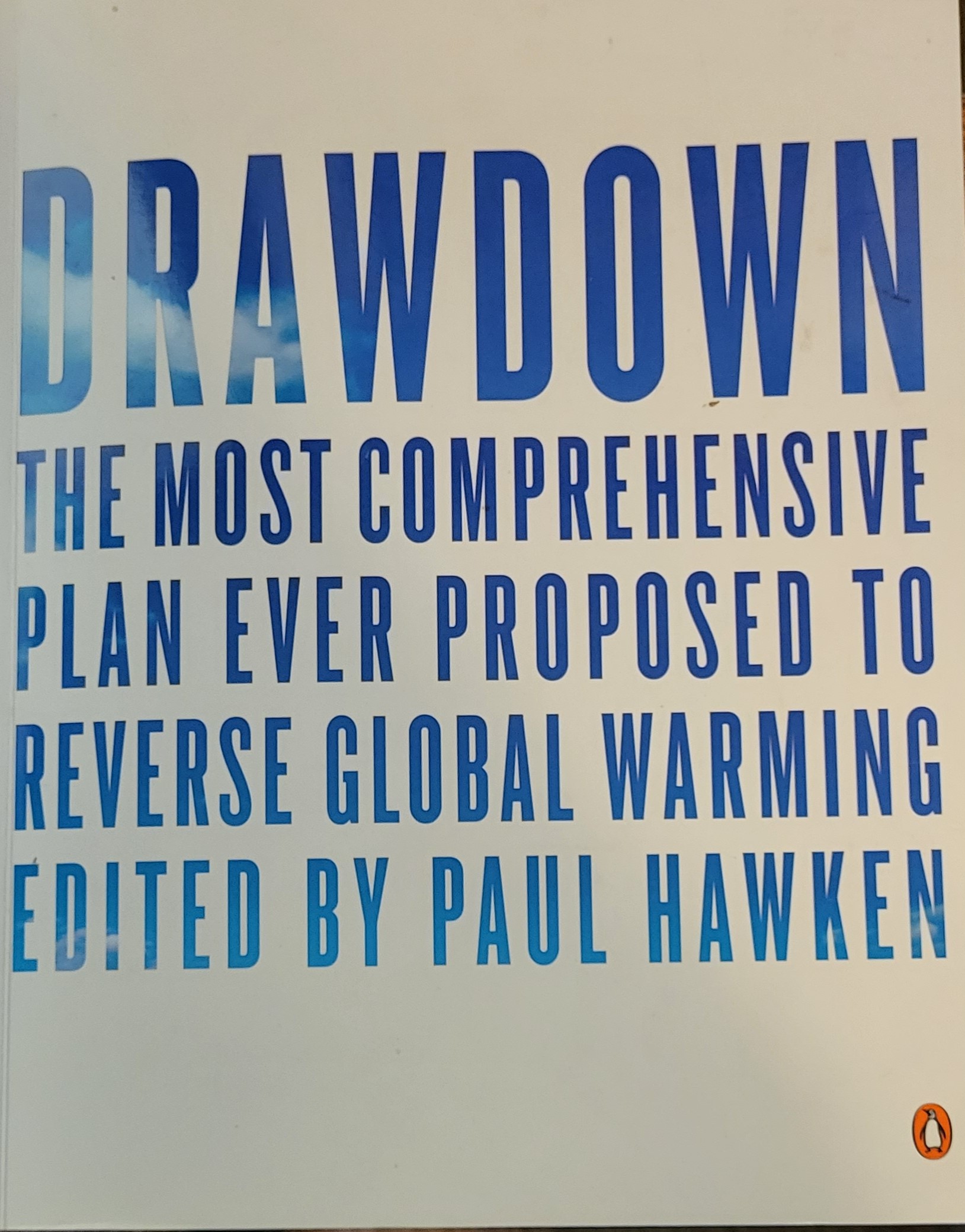Climate Change and Kant
It is November 2022, and the world population has just reached 8 billion people, according to news reports. I don’t know how many people the planet can sustain, but I suspect that with improvements in technology and behavior, it is a lot more than 8 billion. We are experiencing extreme weather events at what seems to be an accelerating rate. Wildfires, floods, tornadoes, and hurricanes are coming more often and doing more damage than we are used to, and we seem to be getting worse at preparing for them and recovering from them.
I don’t care to debate if this a result of human behavior or just stochastic misfortune. I know I can’t fix it myself, but I would like to avoid making it worse unnecessarily. I hate any kind of waste. I don’t buy into consumer culture. I use things until they wear out. The car we use most is an electric vehicle, but honestly, I’m not sure how much that is helping. Our Tesla Model 3 is more fun to drive than any other car I have owned, and cheaper to operate. But it cost as much to purchase as any two other cars I have owned. I could have bought gasoline for a long time on what I would have saved by buying a Hyundai, for example. Since the Covid-19 pandemic led to working from home and now that I’m retired, I don’t drive much anyway. It remains to be seen if we can scale electric vehicle usage up to where gas-powered cars become as rare as electric ones are today, and what the long-term effects of that will be.
I don’t have solar power collectors on my roof, because I can’t yet make the economic case for it. Maybe electricity costs will go up, and solar costs will go down, over time. Right now, the break-even for the investment is twenty years, so I will wait and watch.
There are many things we can do to improve the situation, but some claim that global coordination will be required. They are likely correct, which means we likely will fail. The “cap-and-trade” system for carbon emissions strikes me as too easy to exploit for personal and corporate profit. I don’t expect it to help.
I have just finished listening to the audio version of Termination Shock, by Neal Stephenson. This is a story with many parts. One is an eccentric billionaire making an attempt to unilaterally slow climate change. Of course, there are unintended consequences, and complications arise because whatever is done to improve things in one part of our globe may adversely affect other parts. The title is the term for what happens when we try something and then stop it suddenly, because of some adverse consequence. The net effect may be worse than if we had not fiddled with the system at all, but it is too complex to model accurately in advance.
I am not very interested in any solution that requires the use of force, government power, or convincing other people to change their behavior. So I seek approaches that I can do on my own, that are unlikely to have negative side-effects. We often hear from plant-based eating advocates that such a lifestyle choice is best for counteracting climate change. I hope that is true, since I eat whole food, plant-based.
I find the hype around growing cultured meat in labs rather disturbing, however. Sure, such meats are likely less damaging to the environment than factory farms. But there is no reason to believe such products are any healthier to eat than animal grown meat. It seems a little precious to want to alleviate animal suffering and end climate change without regard to one’s own health. Maybe as a transitional strategy it makes sense for some people, but why not simplify the logic and just eat plants? Then there will be no concern for animal suffering, no worry about health effects, and no risk of giving the false impression to others that you consider meat a fine choice, if you actually don’t.
What about Kant?
I confess I have never read any of Immanuel Kant’s philosophy. For one thing, his most famous book is called Critique of Pure Reason. That seems at first glance to be self-contradictory. By what means other than reason should we critique anything? If not reason, why should we accept the critique? Maybe it’s a translation problem? I am also prejudiced against Kant because Ayn Rand seemed to despise him so much. I forget why. She considered herself an objectivist, so maybe it was that she considered Kant a subjectivist.
I bring this up because I think Kant said at least one thing that I pretty much agree with, his famous categorical imperative, at least in one of its distillations. I have found at multiple formulations of this concept in my search. Wikipedia says this,
Categorical imperatives are principles that are intrinsically valid; they are good in and of themselves; they must be obeyed in all situations and circumstances, if our behavior is to observe the moral law. The Categorical Imperative provides a test against which moral statements can be assessed. Kant also stated that the moral means and ends can be applied to the categorical imperative, that rational beings can pursue certain “ends” using the appropriate “means”. Ends based on physical needs or wants create hypothetical imperatives. The categorical imperative can only be based on something that is an “end in itself”, that is, an end that is not a means to some other need, desire, or purpose.[118] Kant believed that the moral law is a principle of reason itself, and is not based on contingent facts about the world, such as what would make us happy, but to act on the moral law which has no other motive than “worthiness to be happy”.[31]: 677 (A 806/B 834) Accordingly, he believed that moral obligation applies only to rational agents.[119]
Unlike a hypothetical imperative, a categorical imperative is an unconditional obligation; it has the force of an obligation regardless of our will or desires.
That is not very clear to me. Let’s try some simpler versions:
- an unconditional moral obligation which is binding in all circumstances and is not dependent on a person’s inclination or purpose
- you should act a certain way only if you’re willing to have everyone else act the same way too
The first one is clearer, but not very useful. I don’t know of any examples of offhand of a such a moral obligation. The second one is more like it. It is why I obey traffic signals (unless I am certain it is safe to disregard them). It is why I always pick up after my dogs.
I realize that an attitude of “if everyone acted like me, climate change would be easy to fix” does not solve anything. It is just where I draw my line, rationalize my behavior, justify my failings. There are a lot of problems I can’t fix: world hunger, risk of nuclear war, and racism all come to mind. I try not to make them worse, and do a little to help.








